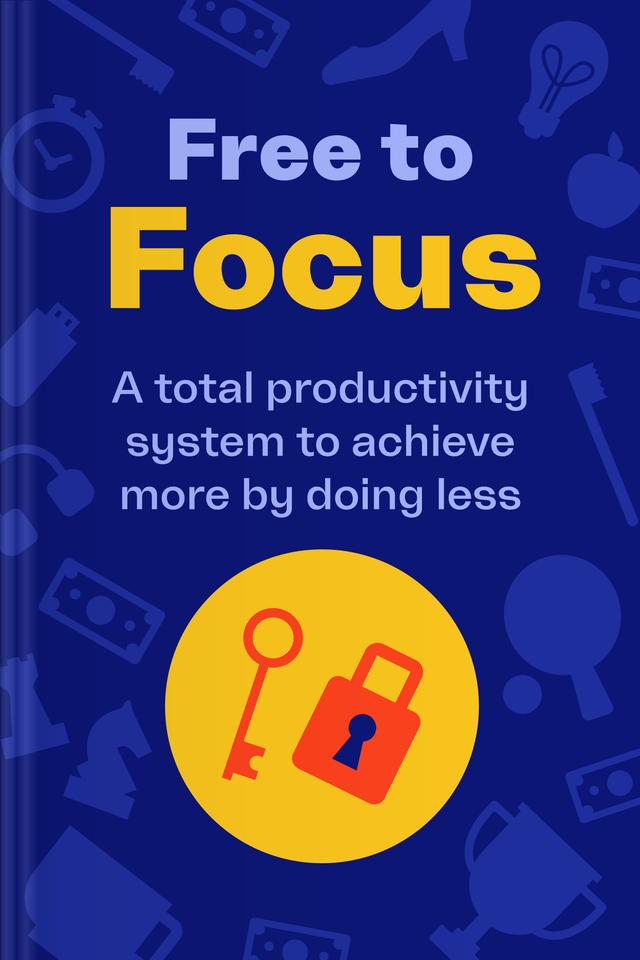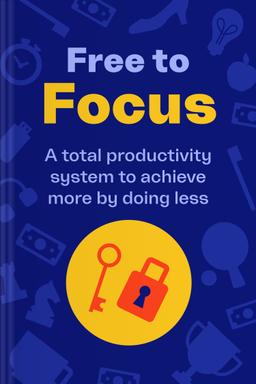You’ll learn
- Why productivity is about working smarter
- How to cut unnecessary distractions
- How to find time for other things outside work
- How to design your ideal week for maximum productivity
Protect the world’s peace. Donate to support Ukraine

first KEY POINT
Workers in the 21st century are the most distracted in history. A study of UK and Canadian workers report that employees work an average of 1.5-2.5 hours out of the eight they are supposed to be working.The numbers are indeed staggering. And it's not only valid for employees. Business owners and self-employed people also struggle to stay productive.We try to solve this productivity problem by googling tips and hacks and investing in productivity solutions. These tactics help, except they aren't sustainable. Michael Hyatt was in our shoes several years ago. After he rose to the position of CEO at Thomas Nelson, Michael found himself doing so many different things in a day that he always ended up exhausted after work.He tried productivity apps and tricks, but they didn't help much. This made him start studying the subject of efficiency for himself. Hyatt created a blog where he shared ideas with his readers. Soon enough, his CEO persona stepped aside for the status of productivity expert.
Michael distilled his years of learning and personal experience into a three-step productivity system, and that's what you're about to learn:• Stop and decide what you want.
• Create an action plan. Cut out unnecessary tasks and focus on work that inspires you.
• Take action.
Don't worry. We will go through all the steps. But first, a disclaimer: you may rubbish everything you think you know about being productive. Get ready for it.Did you know? It takes us only three minutes to get distracted, according to studies.
second KEY POINT
Many productivity experts cite this quote: "Nobody on his deathbed ever said, 'I wish I had spent more time at the office.' American Rabbi Harold Kushner made this phrase popular, but it is often attributed to former U.S. Senator Paul Tsongas. That statement may be true for some people, but you can't just generalize it. Work constitutes a significant part of our lives. Yes, some people go to work just because they have to pay the bills, but some others are excited about it. They're happy because a new day is another chance for them to make a dent in the universe through their work. This category of people is happy spending time at work. And no, they don't have to be Steve Jobs or Elon Musk. They are salespeople, writers, lawyers, accountants, etc., and happy with their work. They cherish their profession because it's a vehicle for helping someone achieve something.The difference between these people and those who hate their jobs is between inspiration-driven productivity and work running on empty.Many employees are disengaged with work, but it should not be a tragic verdict. You're wasting your time — and by extension, your employer's time — working on a job you don't like. You may be in a job you hate because circumstances have you there, like paying the bills. But let it be temporary. Instead, create an exit plan and start working on it as soon as possible.

Continue reading with Headway app
Continue readingfirst KEY POINT
second KEY POINT
third KEY POINT
fourth KEY POINT
fifth KEY POINT
sixth KEY POINT